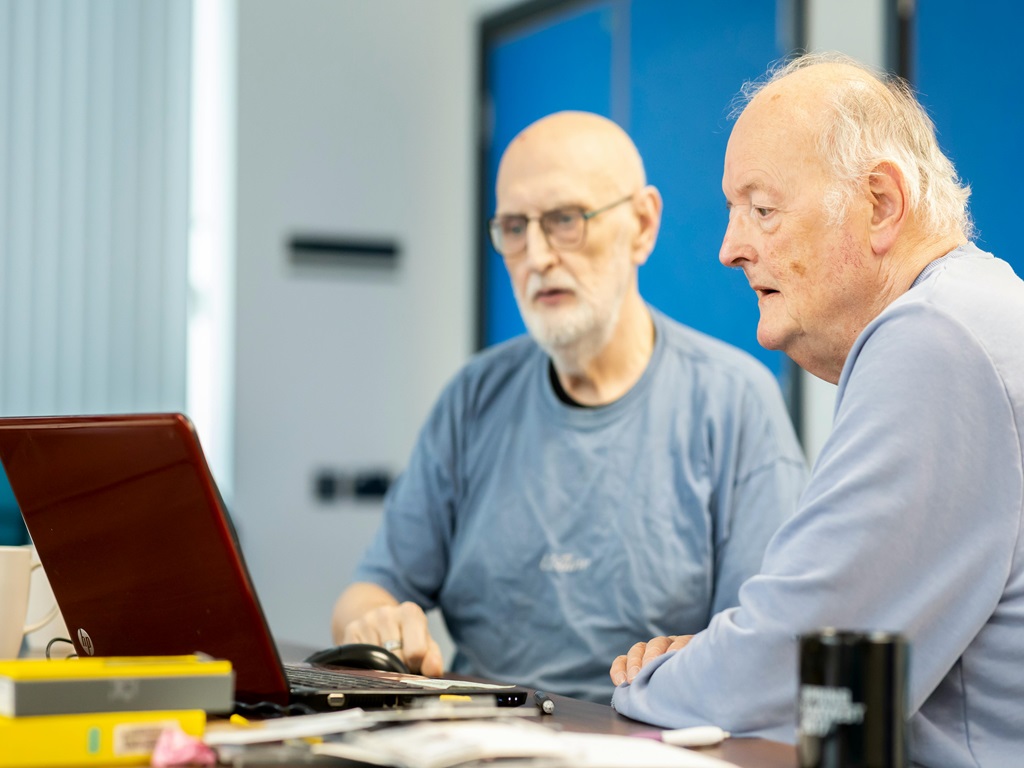Dementia and Alzheimer’s disease are progressive neurological conditions that can have a significant impact on memory, thinking, and behavior. While there is currently no cure for these conditions, early detection can help individuals and their families better manage symptoms and plan for the future. Here are five early warning signs to watch out for:
Memory Loss
One of the most common early signs of dementia and Alzheimer’s is memory loss that disrupts daily life. This may include forgetting recently learned information, important dates or events, and asking for the same information repeatedly. While occasional forgetfulness is normal, persistent memory problems that interfere with daily activities should not be ignored.
Difficulty Performing Familiar Tasks
Individuals with dementia or Alzheimer’s may have trouble completing tasks they have done countless times before, such as cooking a meal, managing finances, or following familiar routes when driving. They may also struggle to remember the rules of a favorite game or how to perform basic household chores.
Confusion with Time and Place
Losing track of time, dates, and seasons or becoming disoriented in familiar places are common early signs of dementia and Alzheimer’s. People with these conditions may forget where they are or how they got there, leading to feelings of confusion, anxiety, or agitation.
Challenges with Language and Communication
Difficulty finding the right words, following conversations, or expressing thoughts coherently can indicate early stages of dementia or Alzheimer’s. Individuals may struggle to follow a storyline, repeat themselves frequently, or use inappropriate words in conversation.
Changes in Mood and Personality
Mood swings, irritability, and personality changes are often early indicators of dementia and Alzheimer’s. Individuals may become more withdrawn, apathetic, or easily agitated, exhibiting behaviors that are out of character for them. They may also experience depression, anxiety, or paranoia without apparent cause.
If you or a loved one are experiencing any of these early warning signs, it’s essential to seek medical attention promptly. While there is no cure for dementia and Alzheimer’s, early diagnosis can help individuals access treatment, support services, and resources to manage symptoms and maintain quality of life for as long as possible. Additionally, adopting a healthy lifestyle that includes regular exercise, a balanced diet, mental stimulation, and social engagement may help reduce the risk of cognitive decline and support overall brain health. Remember, early detection and intervention are key to living well with dementia and Alzheimer’s.

